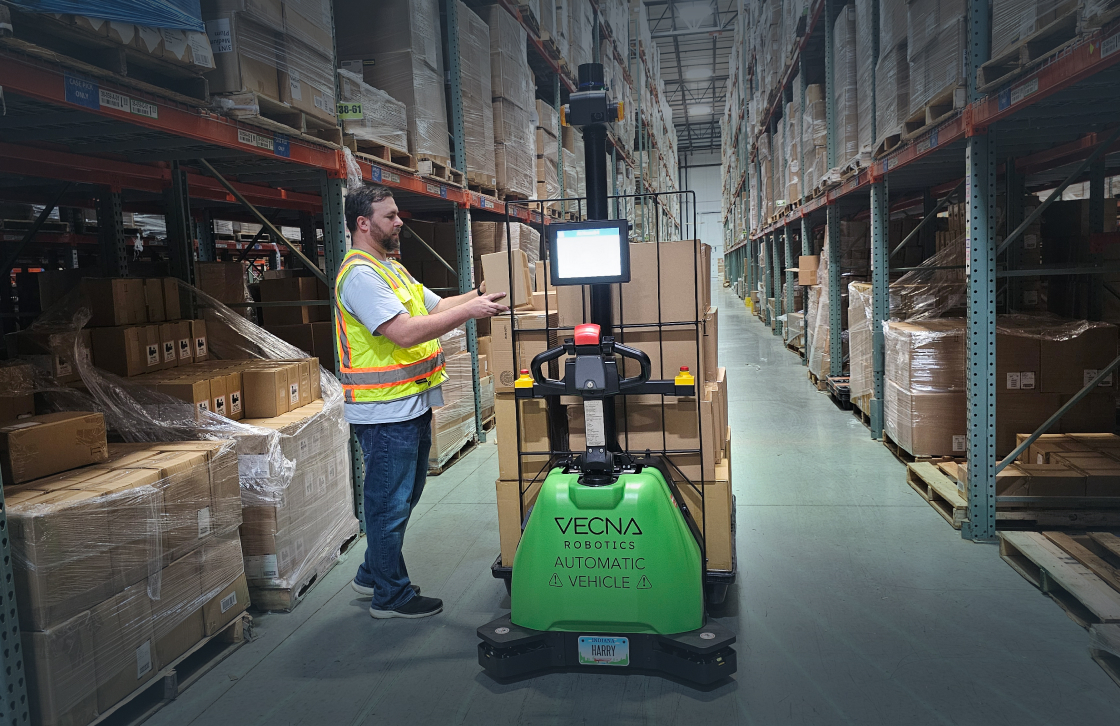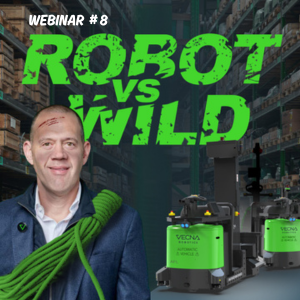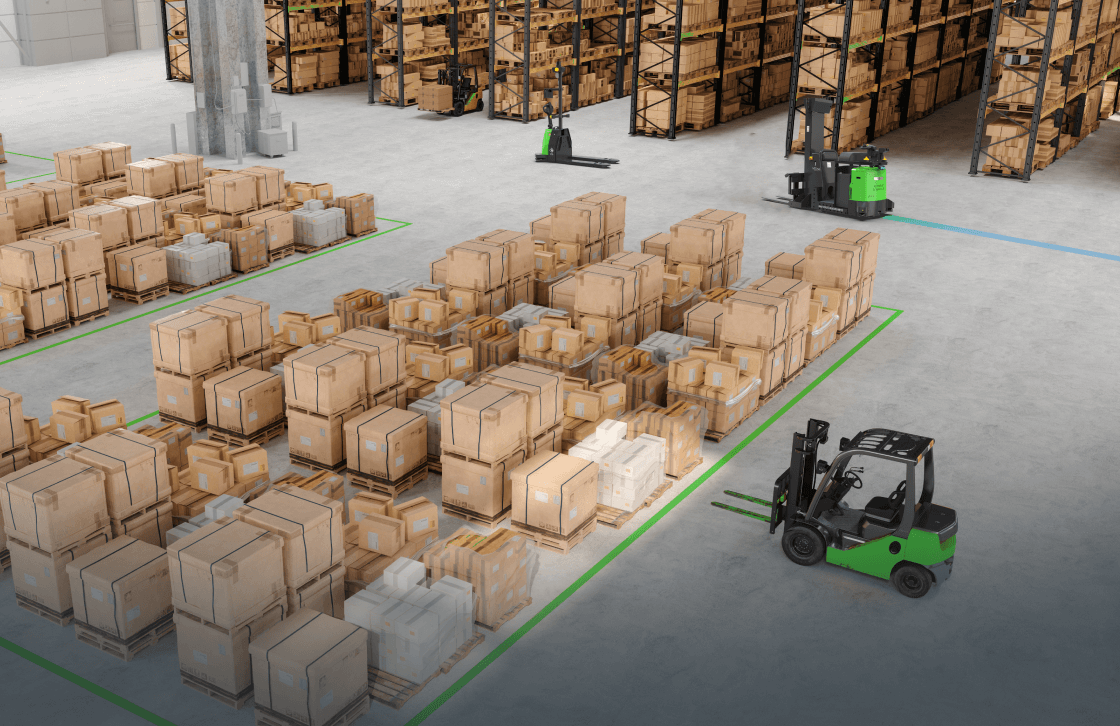As e-commerce demand spikes and labor shortages strain operations across industries, it’s becoming increasingly apparent that traditional logistics models are ripe for disruption. Companies are now refining their strategies – with supply chain automation at the forefront of this effort. These days, robotic systems are common fixtures in industrial facilities, setting the stage for a new role to emerge: the robot expert.
Business leaders are starting to recognize how employing a robot expert and coordinator can maximize the value that robots provide. In a recent interview with ZDnet, Bryan Siegal, VP of customer success at Vecna Robotics, and Mahesh Nikan, Shape Corp Excellence System Manager, discuss how Vecna Robotics’ solutions are managed with a robot expert.
What is a Robot Expert?
When a company’s growth rate, ability to find labor, or competitive environment leads them toward automation, they can appoint a team of robot experts to manage the shifts that fleets will be working. Robot experts can also play a key role in the initial deployment process, working with Vecna to plan and implement the robots into workflows. In this stage and throughout operation, robot experts will be well-versed in the robots’ capabilities .
Internal robot experts are trained associates that interact with and operate fleets of robots at an advanced level. Beyond oversight, the expert also serves as the point of contact for Vecna Robotics’ Network Operations Center (NOC) , – a 24/7 online monitoring team that keeps the fleet running continually, automatically and remotely solving any issues that arise.
This role is just starting to take shape, but robot experts should be excited to work with cutting-edge technology and comfortable working with industrial equipment and software. Often, these qualifications are learned on the job. In fact, robot experts are not typically degreed engineers but rather associates or supervisory level individuals with an understanding of day-to-day operations.
“The robot expert is the key to ensuring that the productivity gains enabled by a fleet of robots is returned to the company” says Siegal.
The Future of Supply Chain Automation
The role of their robot expert is expanding as supply chain automation becomes more prevalent. Automated facilities are growing in number, and the vehicles themselves are becoming more advanced.
As Shape Corp. grows, so does their fleet. The company is gradually scaling their automated solutions with periodic deployments, readying for high-level automation in the near future.
This push towards supply chain automation includes a commitment to teaching their employees the best operating practices for working with robots, as well as granting AMR certifications. “Shape is developing current team members specializing in forklift operation by utilizing their proficiency in this area to mold them into Autonomous Mobile Robot experts. ” says Nikan, “We want to ensure our team is set up for success for all development opportunities we provide at Shape.”
Read the full article at ZD.net
See Vecna Robotics autonomous tugger, pallet truck and fork truck.







